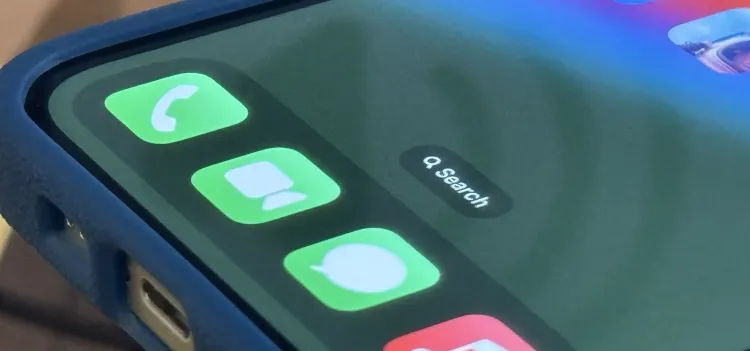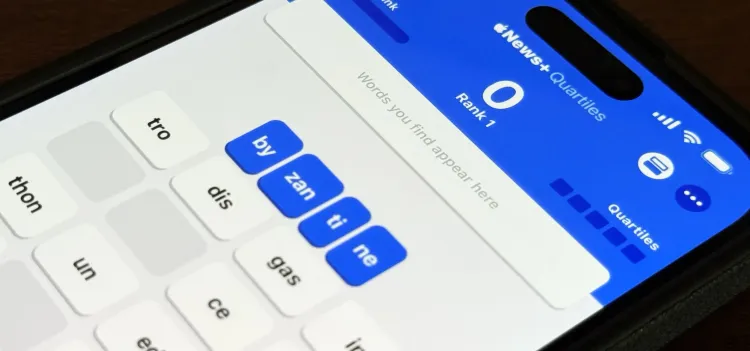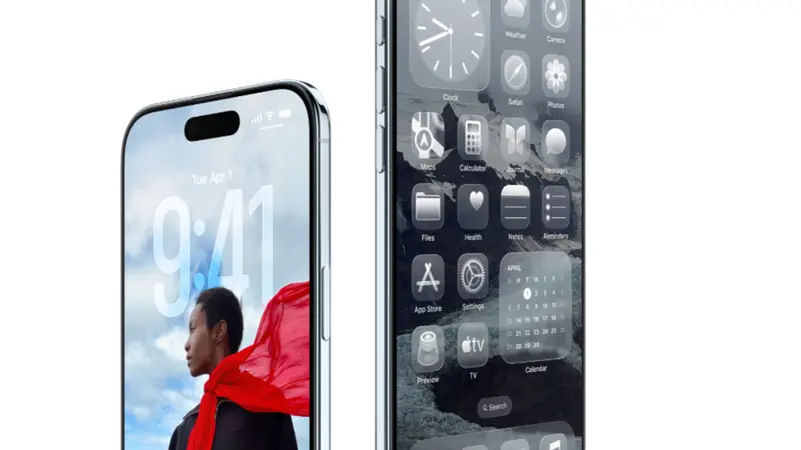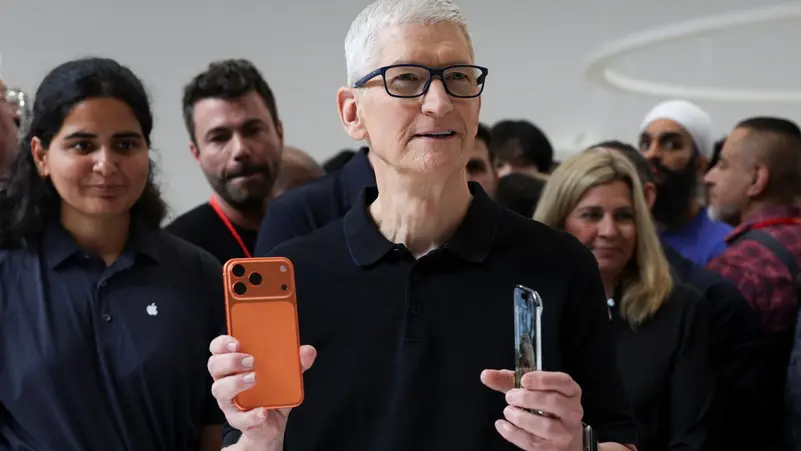New Security Feature in iPhone 17 Series: Memory Integrity Enforcement Raises the Bar for Mobile Protection
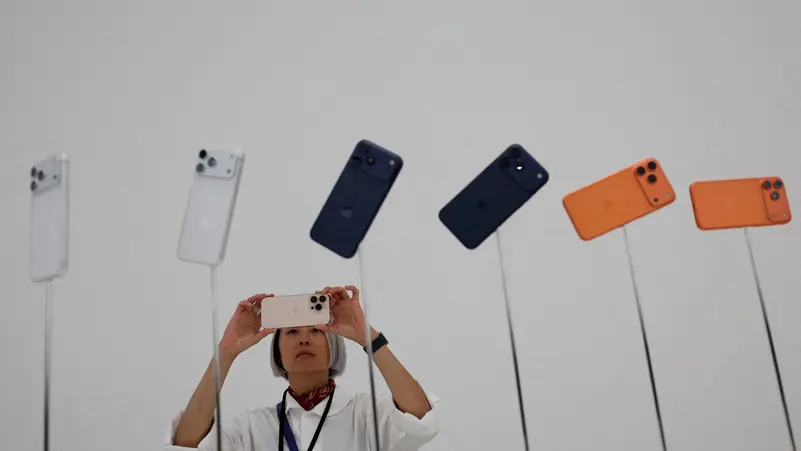
Apple has once again raised the bar in smartphone security with the iPhone 17 series, introducing a groundbreaking feature called Memory Integrity Enforcement (MIE). This innovative technology is designed to shield users against some of the most common and dangerous vulnerabilities exploited by spyware developers and surveillance tool vendors. With this addition, Apple is positioning the iPhone 17 as one of the most secure mobile devices available on the planet.
A Bold Move Against Spyware and Exploits
According to Apple, Memory Integrity Enforcement directly tackles memory corruption errors, which remain the most exploited vulnerabilities across operating systems like iOS, Android, and Windows. These flaws have been the backbone of many spyware attacks, such as Pegasus from NSO Group. Cybersecurity researchers told TechCrunch that the arrival of this feature could significantly raise the cost and complexity of developing new zero-day exploits for iPhones.
Apple emphasized in its newsroom statement:
“Known mercenary spyware targeting iOS often shares a common foundation with those aimed at Android and Windows. They rely on memory safety vulnerabilities — powerful, interchangeable, and widespread across the industry.”
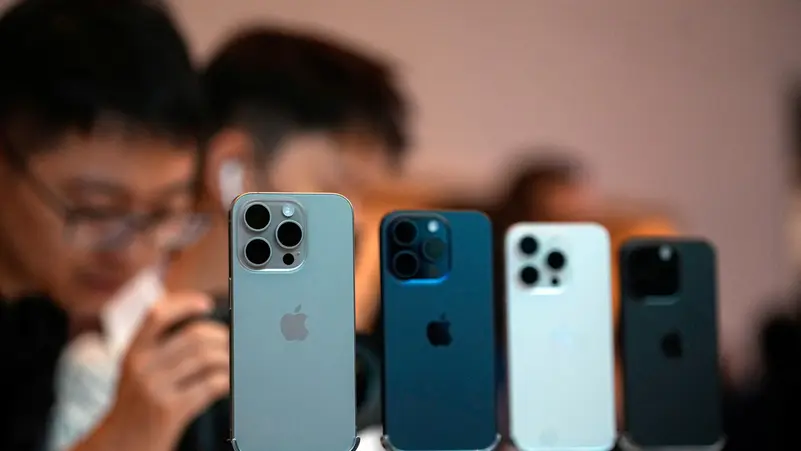
Raising the Cost for Attackers
One former U.S. government contractor who spent years developing and selling zero-day exploits confirmed that iPhone 17 devices may now represent the “most secure computing environment still connected to the internet.” By hardening iOS against memory exploitation, Apple has effectively raised both the time and financial costs required for companies or governments seeking to break into the newest iPhones.
This could mean that attacks will become rarer, more expensive, and accessible only to highly resourced actors, reducing the risk for everyday users.
Practical Benefits for Users
Beyond the technical jargon, what does this mean for ordinary iPhone owners? Simply put, the iPhone 17 lineup provides a new layer of defense against remote and physical intrusion attempts. Attacks carried out with forensic tools like Cellebrite or GrayKey will face far more resistance, while spyware trying to silently infiltrate devices will struggle against the improved security model.
Even those who use features like satellite connectivity for emergency communication — a service Apple recently extended free for iPhone 14 and iPhone 15 users until 2026 (source) — can benefit from these advancements, knowing that critical communication is happening on an even more secure device.
Competition and Industry Impact
The move by Apple also puts pressure on other smartphone manufacturers. Security is now becoming as important as performance or design when it comes to user expectations. Rival brands like Oppo, which is preparing to launch its Find X9 series with a massive 7500mAh battery (details here), are focusing on hardware upgrades. Apple, on the other hand, is doubling down on privacy and safety as its selling point.
This strategy reinforces Apple’s brand promise that owning an iPhone is not just about having a premium device but also about carrying one of the most secure mobile systems in the world.
Not Just Security – Other Challenges Remain
Despite this leap forward, Apple continues to face challenges in the global market. The rollout of the ultra-thin iPhone Air in China, for example, is reportedly delayed due to eSIM adoption hurdles (read more). Meanwhile, design debates continue, with some accusing Apple of copying Huawei’s old Nexus 6P-inspired camera design (comparison).
And of course, users are still buzzing about the durability of the iPhone 17 Air’s ultra-thin body — will it bend under pressure? Apple executives have directly addressed this concern (Apple’s response here), assuring customers that the titanium-reinforced frame meets the company’s high durability standards.
Camera and Creator Features Still Shine
While security is the highlight, Apple has also ensured that the iPhone 17 Pro camera system appeals strongly to content creators. The device comes with upgraded 48MP lenses, an 18MP front camera, and video recording up to 4K at 120fps in Dolby Vision. These features, paired with the Final Cut Camera 2.0 app, aim to make standalone vlogging cameras obsolete.
This aligns with Apple’s broader strategy of positioning iPhones as all-in-one tools — from professional video shooting to next-generation security protection.
What This Means for the Future
Apple’s introduction of Memory Integrity Enforcement is not just a new feature — it’s a statement. It signals that the future of smartphones will be defined as much by cybersecurity as by speed, cameras, or design.
For users, this means that the iPhone 17 series offers peace of mind in an era when digital threats are growing more sophisticated. For competitors, it’s a wake-up call to prioritize user security as a central part of their innovation strategies.
Tags
iPhone 17, Apple Security, Memory Integrity Enforcement, Mobile Protection, Cybersecurity, Zero-Day Exploits, Spyware, Pegasus, iPhone 17 Pro Camera, iPhone 17 Air, Oppo Find X9, Smartphone Security, eSIM China Delay, Huawei Nexus 6P, iOS 26, Satellite Connectivity, Mobile Privacy, Apple Innovation, Mobile Threats, Secure Smartphones
